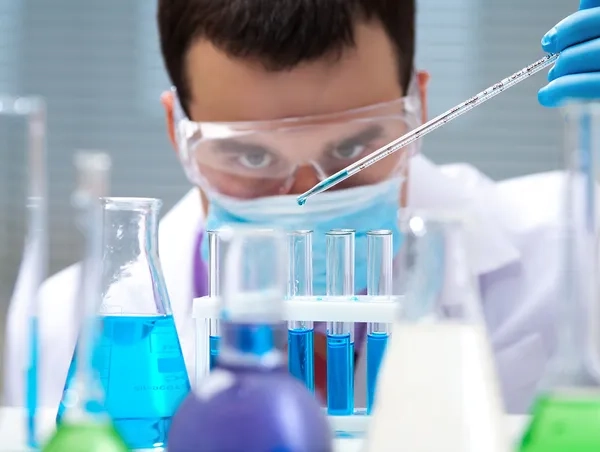Chemistry lab
A Chemistry Laboratory is a specialized environment designed for the analysis, experimentation, and study of chemical substances and reactions. These labs play a vital role in scientific research, healthcare, pharmaceuticals, education, and industry.
In a medical or clinical setting, a chemistry lab is used to test body fluids—primarily blood and urine—to assess organ function, detect imbalances, and diagnose various conditions. Common tests performed include blood glucose, electrolytes, liver and kidney function, cholesterol levels, hormone assays, and enzyme measurements. The results from these tests are critical for monitoring health, managing chronic diseases, and guiding treatment decisions.
Chemistry laboratories are equipped with sophisticated instruments such as spectrophotometers, analyzers, pH meters, and centrifuges. Highly trained professionals, including medical laboratory technologists and clinical chemists, ensure that each test is performed accurately and efficiently.
These labs follow strict protocols and quality control procedures to maintain safety, precision, and reliability. In addition to healthcare, chemistry labs also support research in drug development, environmental testing, food safety, and academic learning.
Whether for diagnosing illness or discovering new compounds, chemistry laboratories are foundational to understanding the chemical makeup of the world and improving human health.

